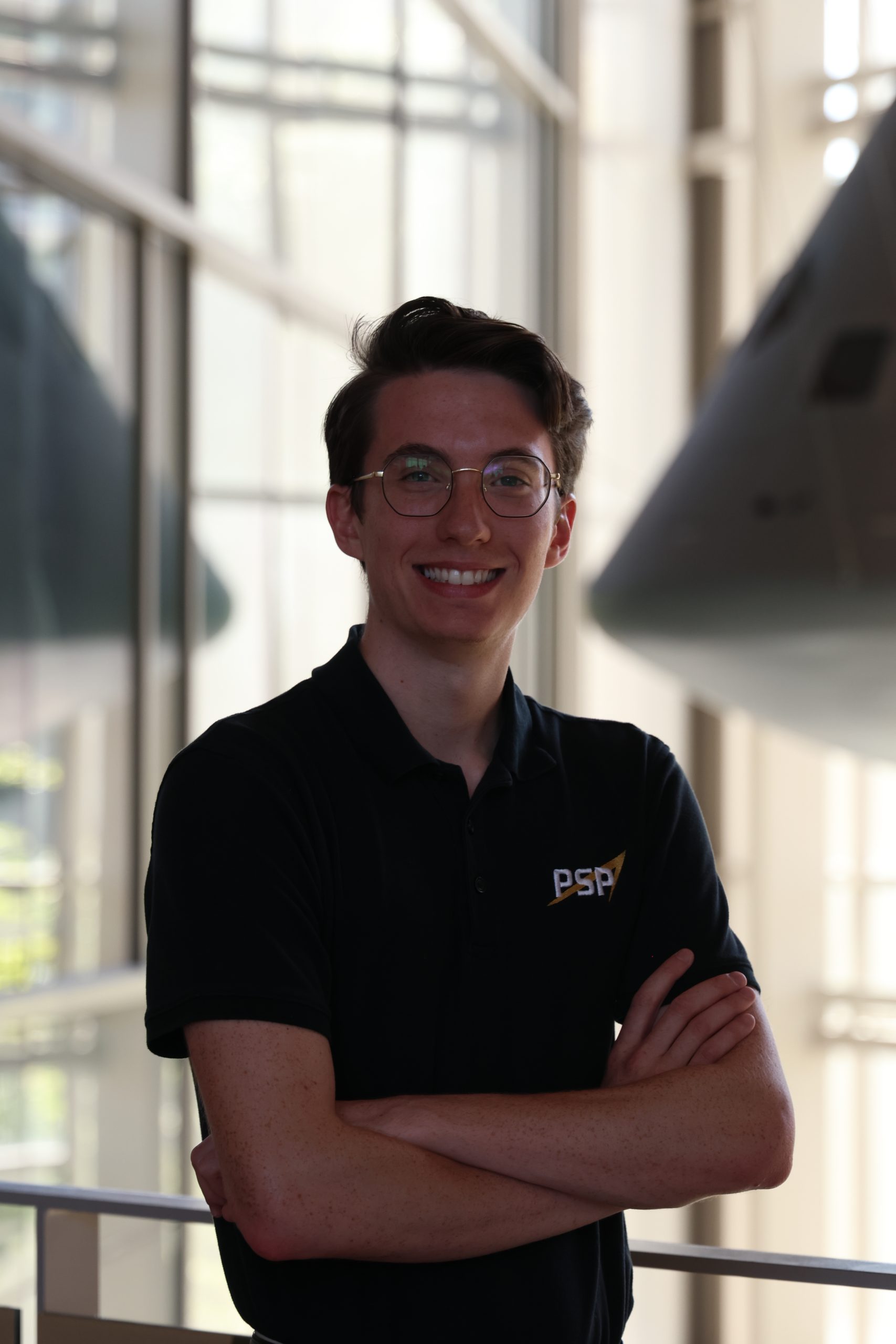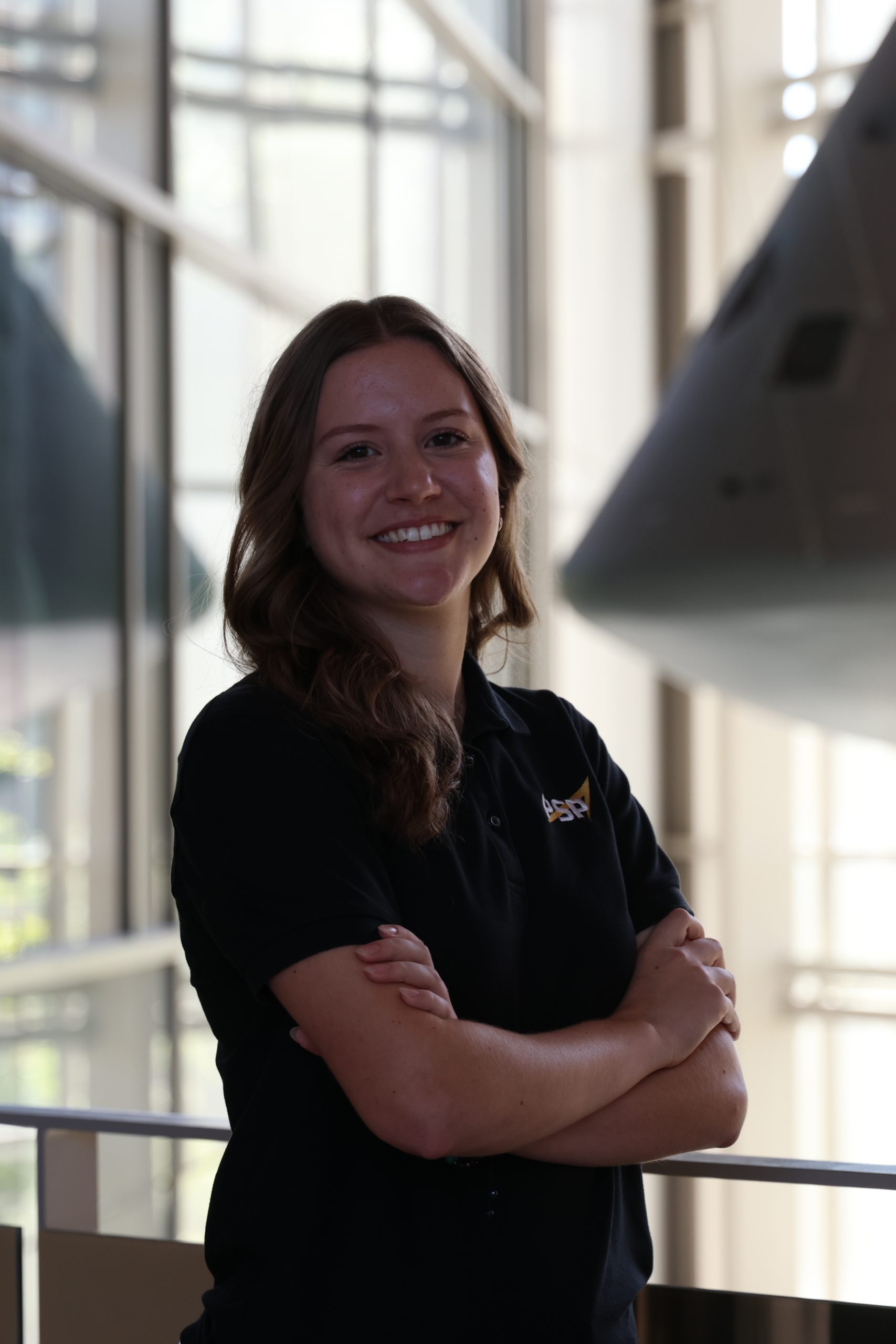
The Business Subteam is responsible for establishing and maintaining external relations as well as facilitating business related operations. These responsibilities include overseeing PSP Sat’s finances, updating and creating marketing material, managing supply chain operations, operating fundraising and grant writing efforts, managing the legal needs of the team, and facilitating recruitment efforts. These efforts aim to ensure smooth and efficient operational support, enabling the team to focus on achieving its mission goals effectively and sustainably.
Business Subteam

MOP
The Mission Operation and Planning subteam’s core responsibility is overseeing payload partners and supporting the payload development for each mission within the Boiler Bus program. This includes actively exploring new opportunities for potential payload partnerships and facilitating the collaboration between such payload partners and PSP Satellites. Additionally, the MOP Subteam oversees the reception and management of satellite data from earth. Utilizing on-campus antenna feeds, data is collected and distributed to the team and stakeholders. Additionally, ground commands are executed to operate the satellite effectively. Close collaboration with the communications subsystem ensures the acquisition of necessary permissions to operate specific RF frequencies critical for mission success.
Mission Operations and Planning Subteam
ADCS
The Attitude Determination and Control (ADCS) Subteam manages integral components of the satellite comprising sensors, actuators, and algorithms to manage and maintain the satellite’s orientation in space, known as its attitude. The sensors precisely determine the satellite’s current attitude, while the actuators, which may include reaction wheels and magnetic torquers, make the necessary adjustments to control and change it. The ADCS ensures the satellite maintains the desired orientation for effective communication, observation, or scientific operations throughout its mission.
Attitude Determination and Control Subteam
CDH
The Command and Data Handling (CDH) Subteam is tasked with overseeing both the Command and Data Handling Subsystem and the Communications Subsystem. The Command and Data Handling Subsystem manages the internal data flow within the satellite, executes commands received from the ground, and supports the spacecraft’s autonomous operations. Meanwhile, the Communications Subsystem facilitates radio communication between the satellite and ground stations.
Command and Data Handling Subteam
EPS
The Electrical Power System Subteam is responsible for designing the generation, storage, and distribution of power throughout the satellite. It is crucial to ensure that the satellite can generate sufficient energy to meet the needs of both the avionics and the payload. During its orbit, the satellite will periodically pass through Earth’s shadow, creating a necessity for adequate power storage to maintain operations until it reenters direct sunlight. Additionally, the system must supply all other subsystems with the required power at specific voltage and current levels.
Electrical Power System Subteam
SMT
The Structures, Mechanisms, and Thermals Subteam is responsible for the structural integrity, functional mechanisms, and thermal stability of the satellite. This includes the design, manufacturing, and analysis of the satellite’s framework and mechanisms, ensuring it can withstand the rigors of launch and the environment of space throughout the life of its mission. Mechanisms include deployment and retention methods for solar panels and antennas. We also develop thermal control systems, managing both internal and external temperatures.
Structures, Mechanisms, and Thermals Subteam
Systems
The Systems subteam is responsible for piloting high-level satellite development, having a significant impact across multiple subsystems. This includes shaping the overall design and architecture of the satellite, as well as coordinating subsystem integration, communication, and interaction during operation. Responsibilities extend to defining precise operational requirements, ensuring their fulfillment throughout the design and testing phases to maintain mission integrity.
Systems Subteam
Team Leads

Bruce LaBounty













